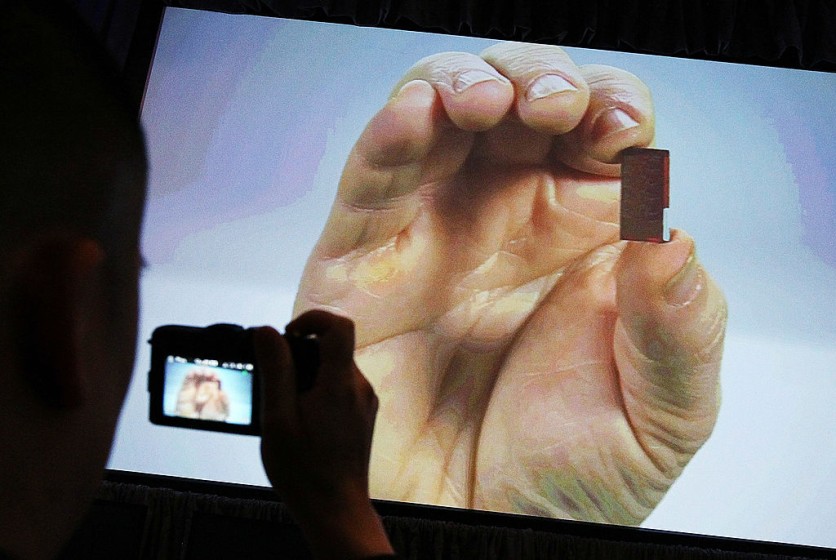The United States has asked South Korea to urge its chipmakers to not fill any market gaps once China bans Micron from selling chips in the market. This is an effort to rally its allies against Chinese economic coercion.

Urging South Korean Chipmakers
As South Korean President Yoon Suk-Yeol prepares to travel to Washington for a state visit, Financial Times reported that the White House has requested its chipmakers to not fill any market gaps if ever China bands Idaho-based company Micron from selling chips in the market.
Micron is one of the three dominant players in the global Dram memory chip market. Among the companies that Washington encouraged to hold back from boosting sales to China are two remaining ones: Samsung Electronics and SK Hynix.
This will be the first state visit to the United States by a South Korean leader since 2011, which will also mark the 70th anniversary of the alliance between the two countries. Officials from both countries are finalizing this visit to continue discussing many issues, including the assurance about "extended deterrence," as the tensions between North Korea increase on the peninsula.
This puts Yoon in a complicated position as he only took office last year. Compared to his left-leaning predecessor, Moon Jae-In, his stance has provoked an aggressive response from the Chinese government by accusing the country of attempting to change the status quo over Taiwan.
Banning Micron Chips
Reuters reported that his effort comes after China conducts a national security review into Micro, which launched this month. Although it remains unclear if the Cyberspace Administration of China will take action after this probe, the stakes are already high for Micron as China and Hong Kong generated 25% of its $30.8 billion in revenue last year.
Micron stated that the company has been cooperating with the Chinese government and defended its operations for implementing normal. As per US officials and other business executives, CAC's probe is China's response against the newly implemented restrictions that US President Joe Biden has taken to prevent the country from producing advanced semiconductors.
The United States imposed several controls when it comes to exporting chipmaking technology as it fears China to produce more advanced technology for military applications compared to other markets. South China Morning Post reported that among China's largest chip companies that the country blacklisted is Micron's competitor Yangtse Memory Technologies.
This has already been in the talks between Biden and Yoon administrations as The US National Security Council stated that both parties coordinated investments in the market, secured critical technologies, and addressed economic coercion.
"We expect the upcoming state visit to even further strengthen cooperation on all these fronts," the agency stated.
Related Article : Micron Becomes First Foreign Chip Maker to Put Under Cybersecurity Review by China

![Apple Watch Series 10 [GPS 42mm]](https://d.techtimes.com/en/full/453899/apple-watch-series-10-gps-42mm.jpg?w=184&h=103&f=9fb3c2ea2db928c663d1d2eadbcb3e52)



